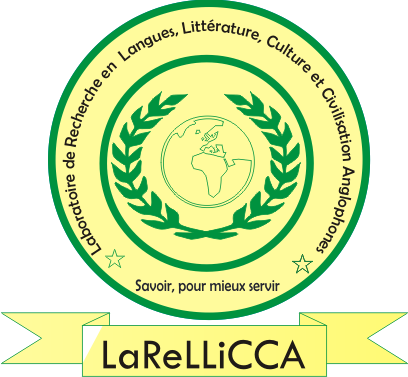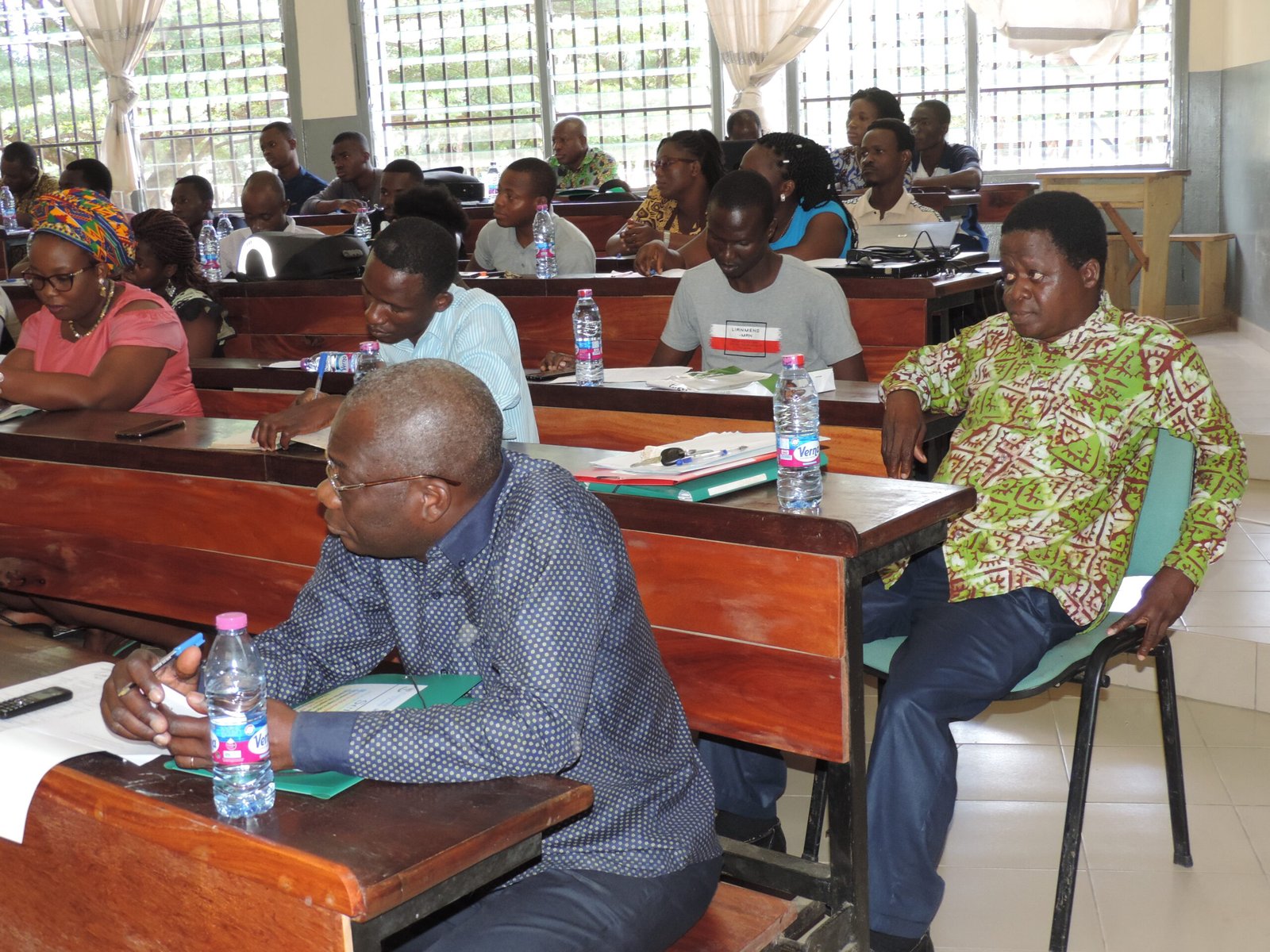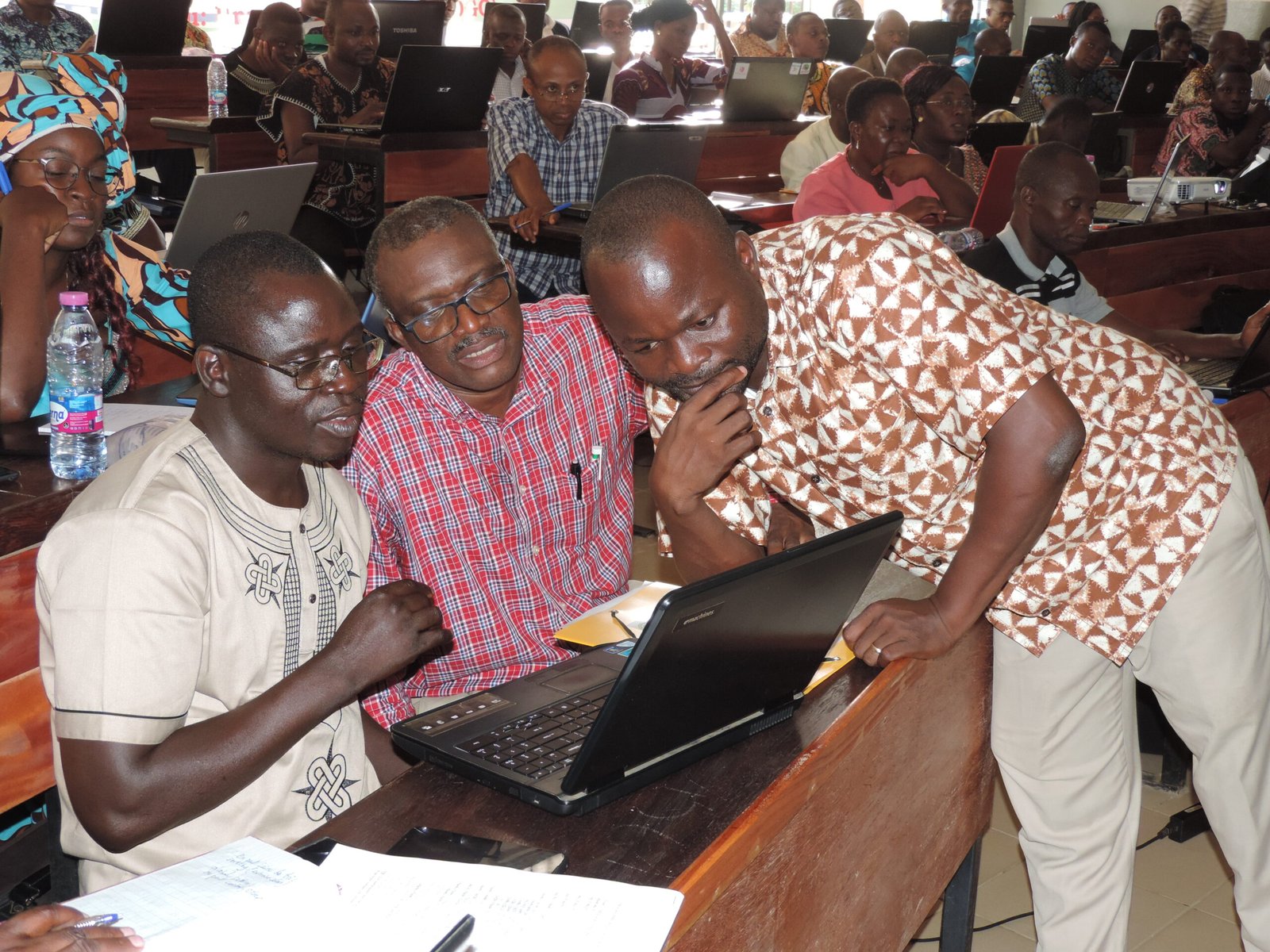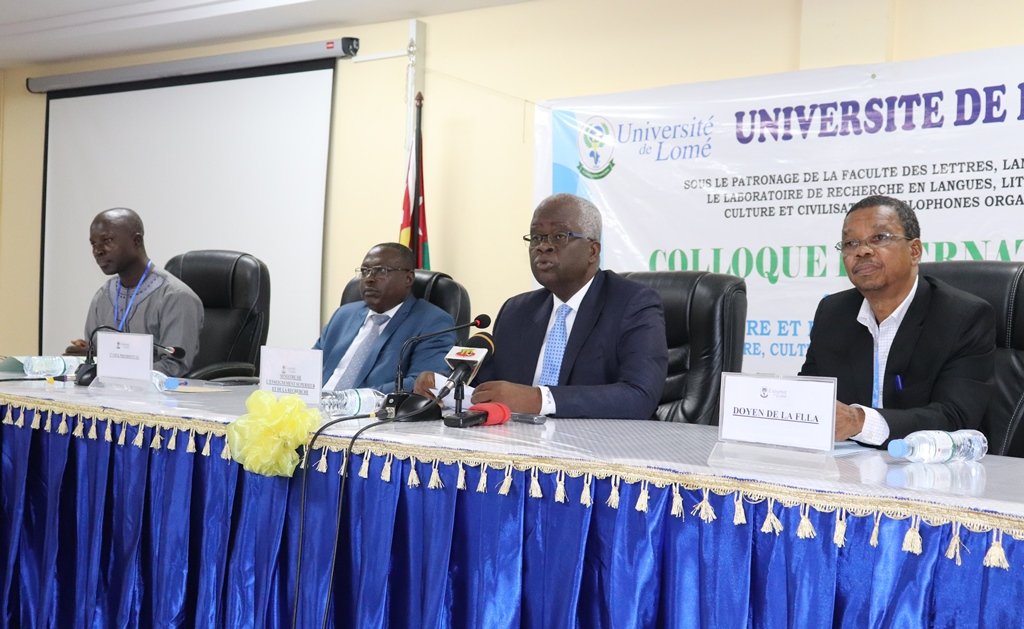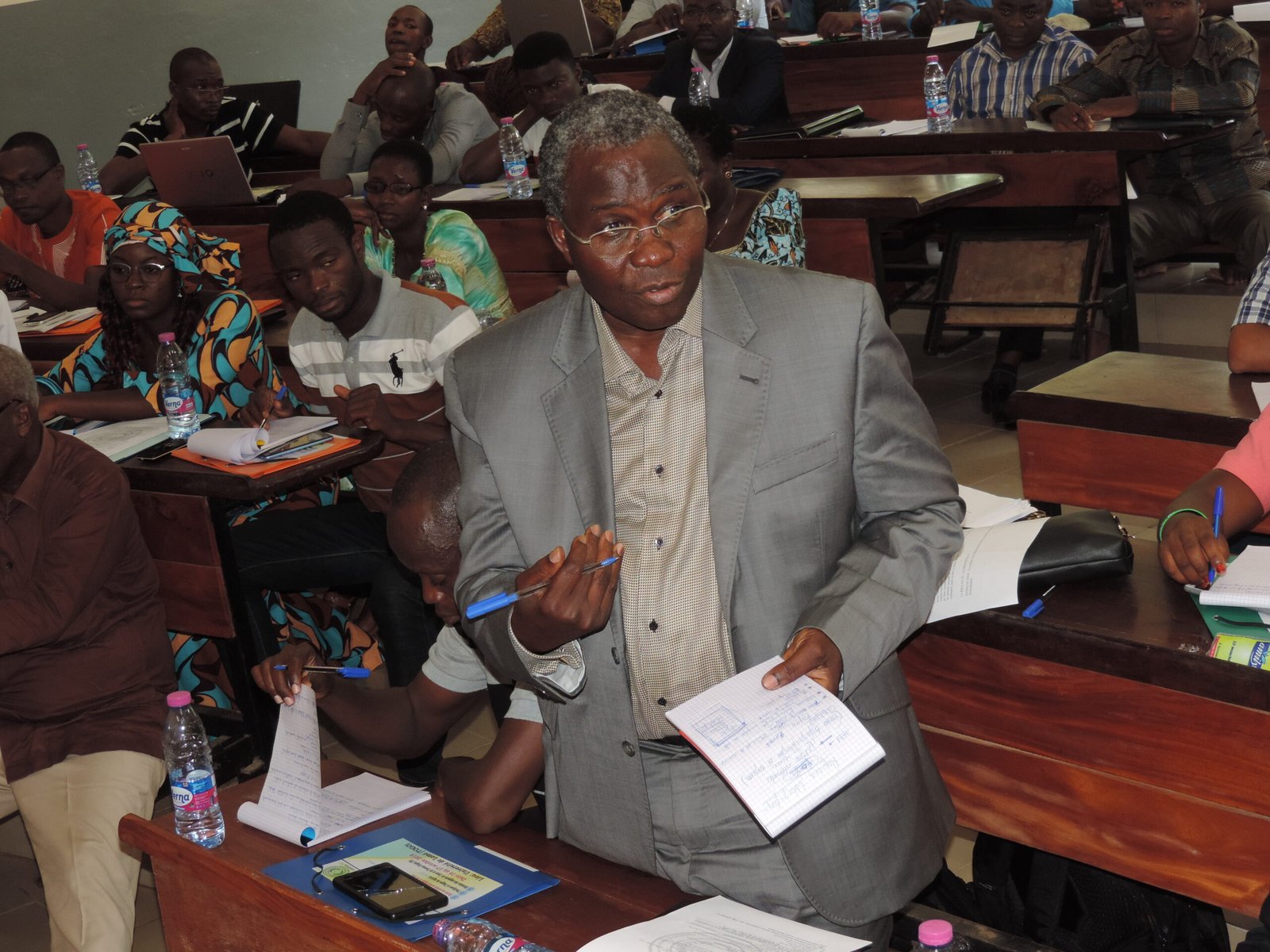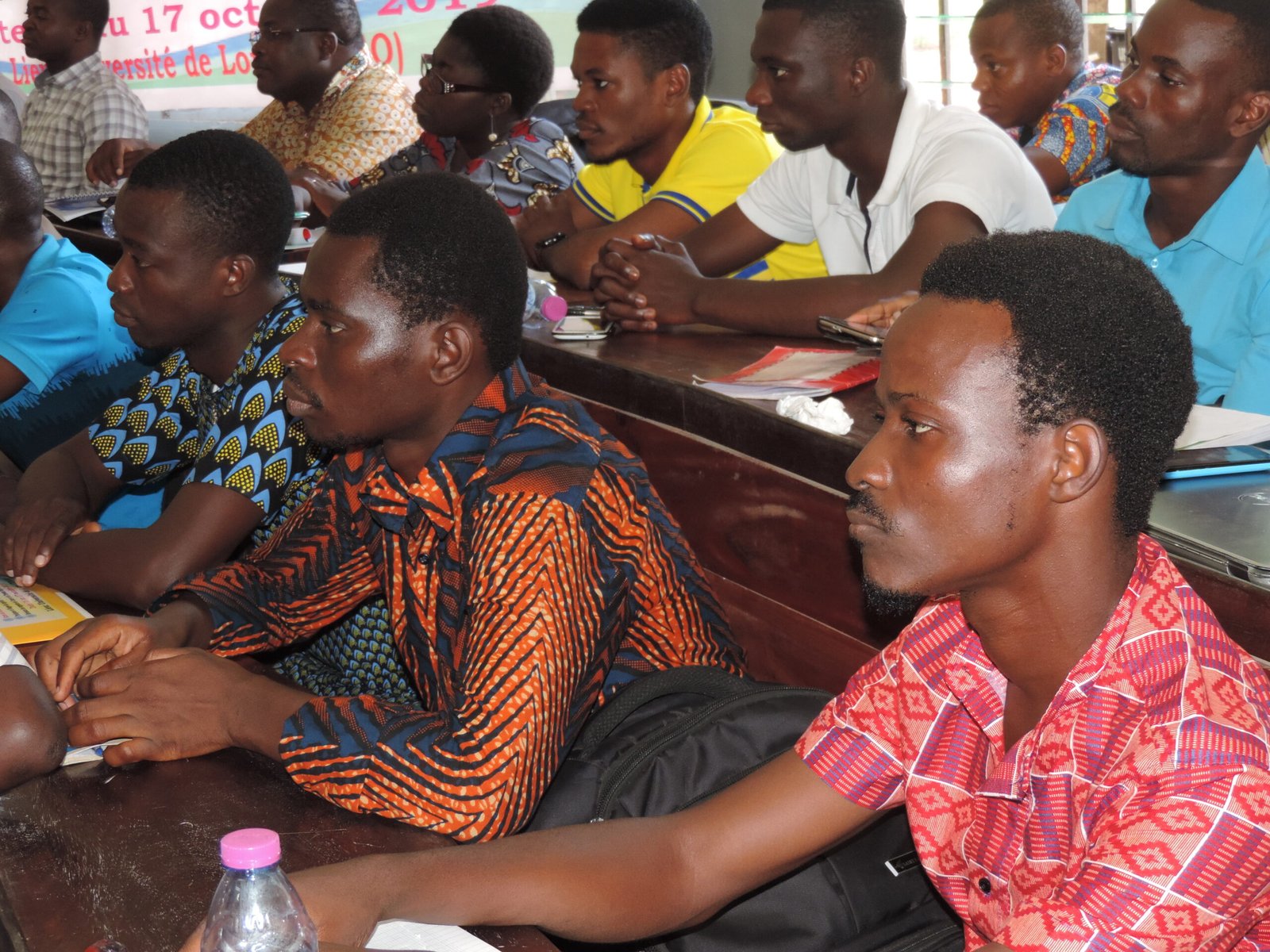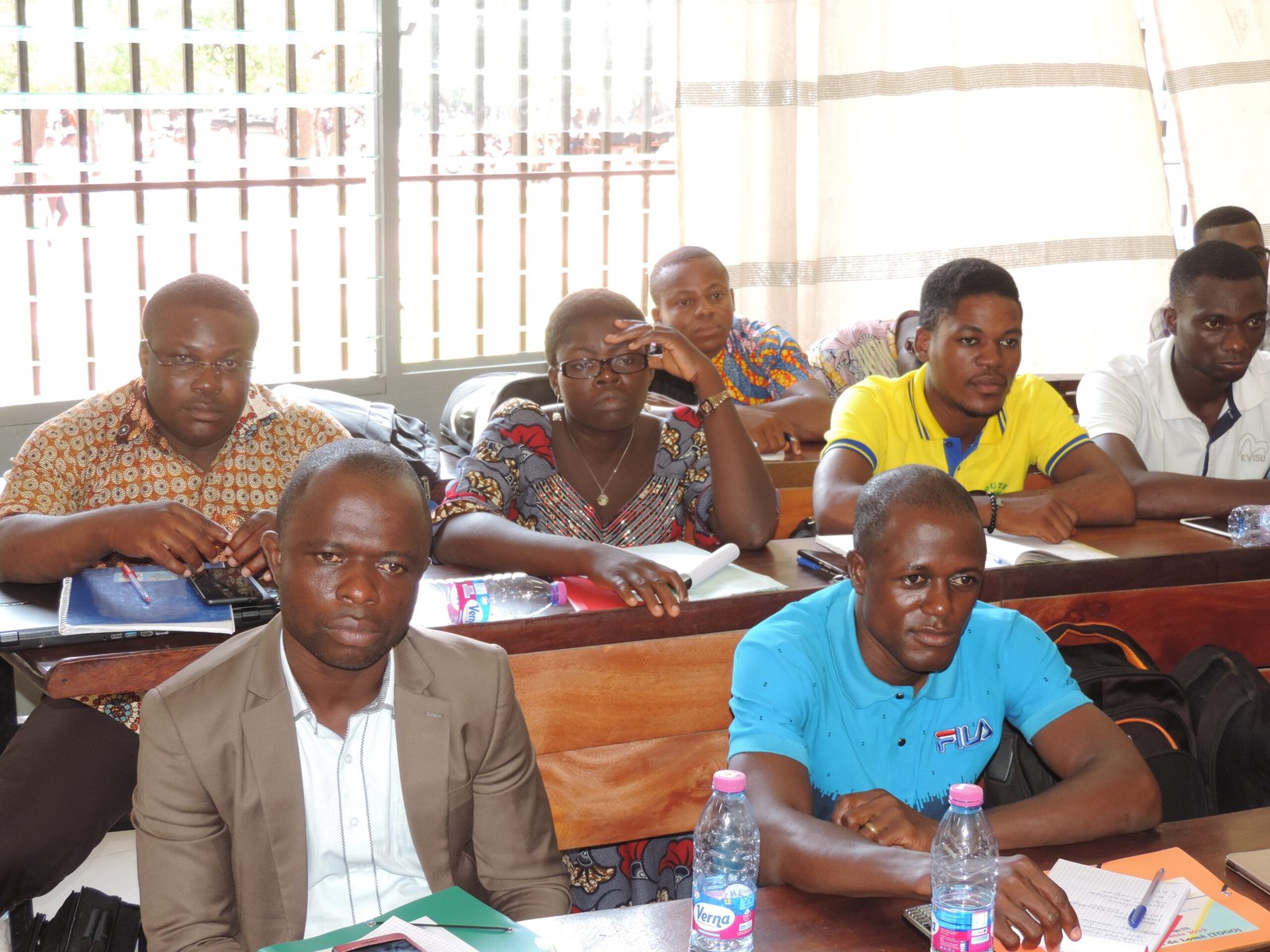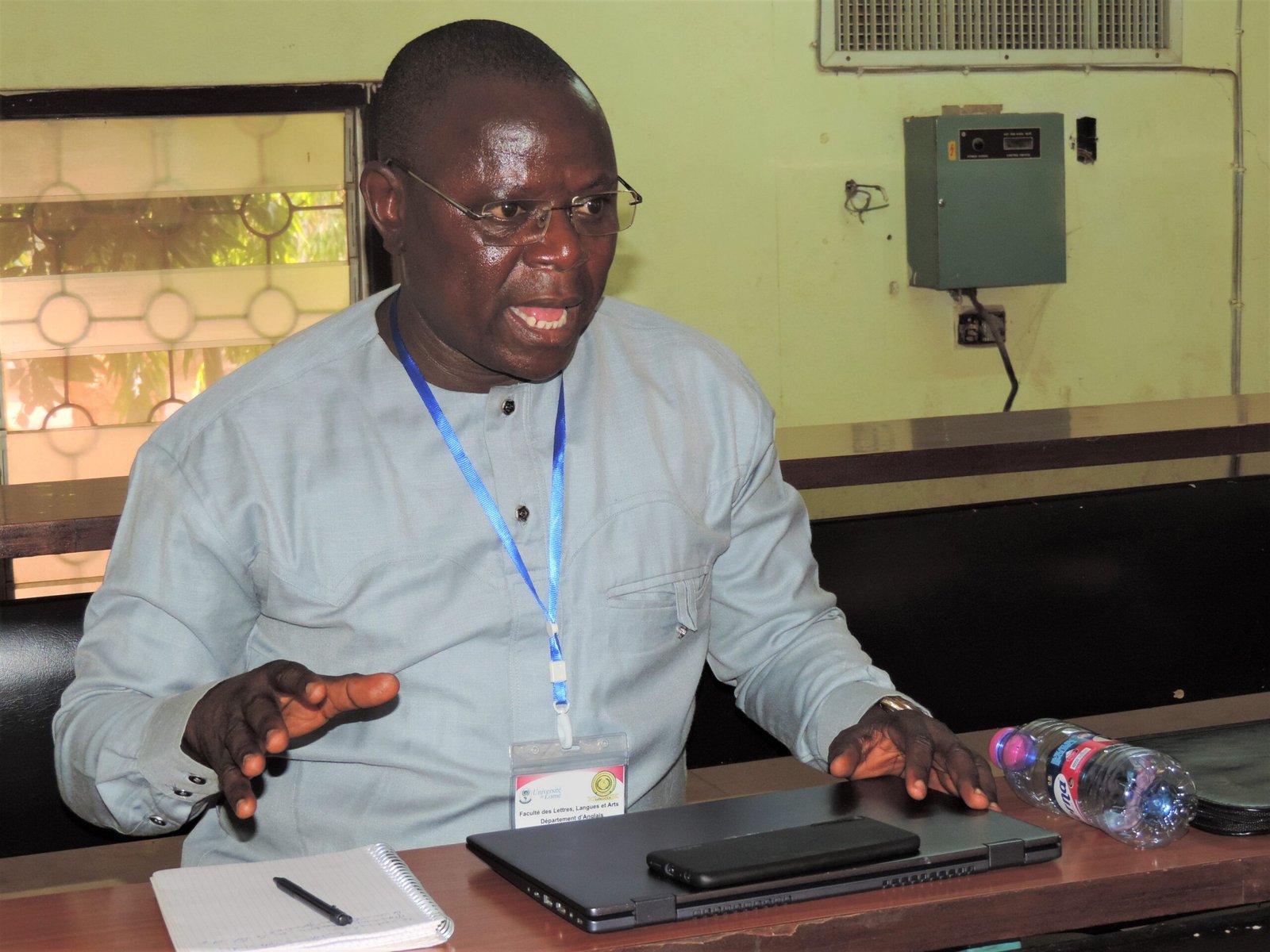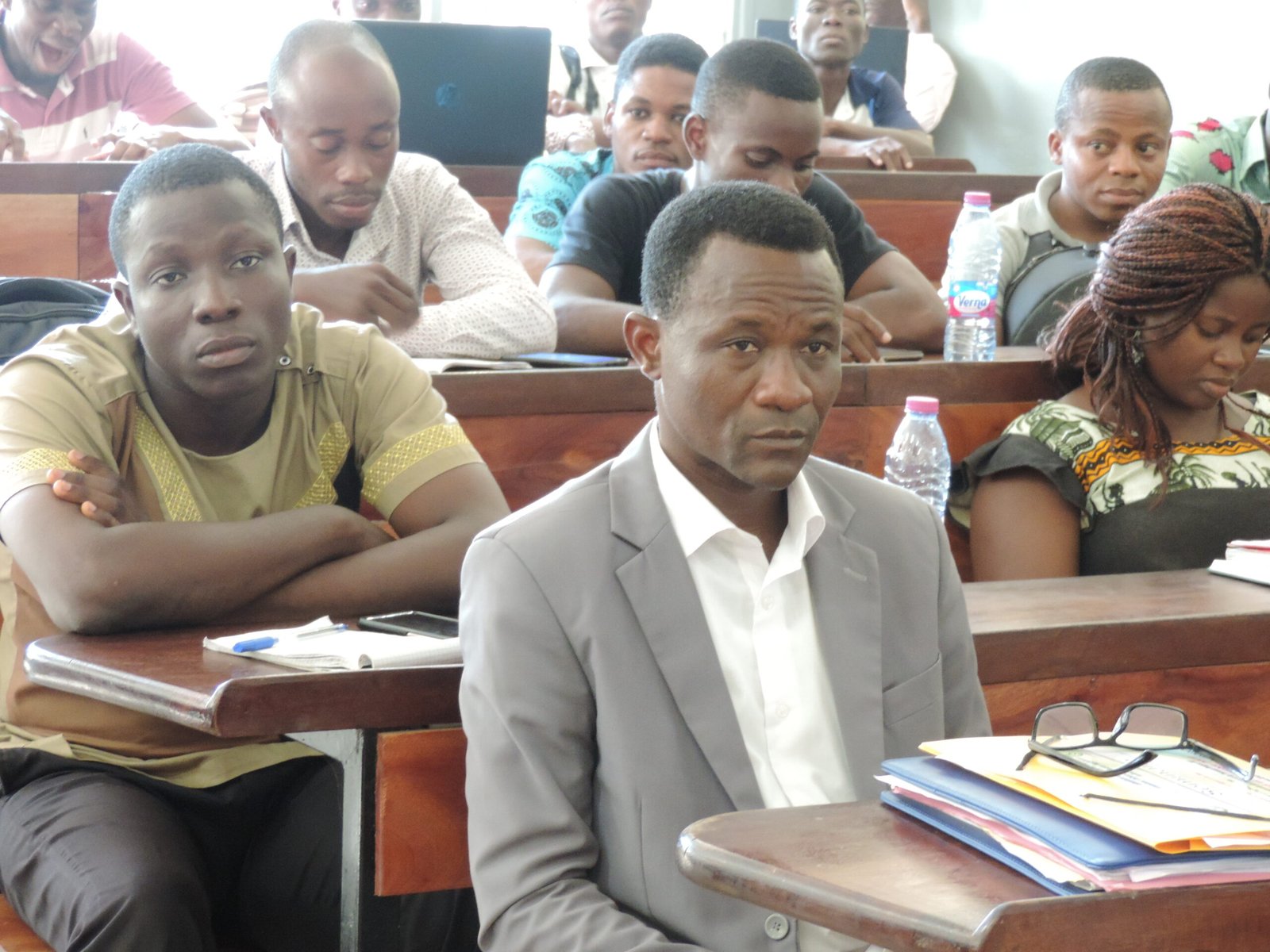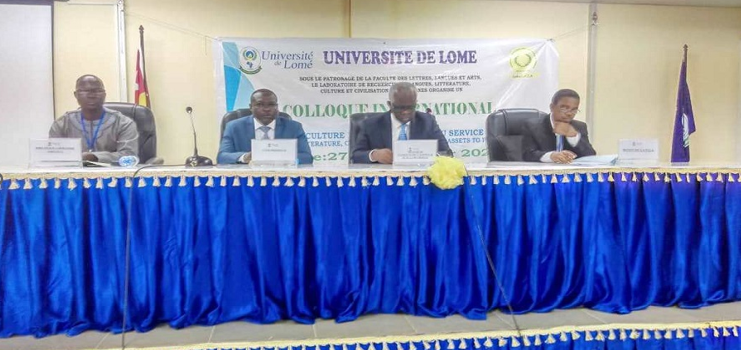

« Literature, Culture and Development as Assets to Peace » was the title of the first international symposium in the series ‘Literature and Peace’ organized by the Laboratory of Research in Languages, Anglophone Literature Culture, and civilization known as LaReLLiCCA of the Université de Lomé (UL) on February 27 and 28, 2020 at the Université de Lomé under the patronage of the Minister of Higher Education and Research, Prof. Koffi Akpagana. From the speeches at the inaugural conference, it was possible to remember that peace is the purpose of literary studies through humanization, socialization, integration and negotiated living together, all for the development of the University of Liège.
For the supervising minister, Prof. Koffi Akpagana, the symposium made it possible to see how literary works and cultures can be exploited to build peace, an essential factor in the realization of the National Development Plan (NDP 2018-2022). He stressed that « There is no development without peace ». In his speech, the Minister of Higher Education and Research welcomed the initiative of the LaReLLiCCA through the organization of this activity which is both academic and civic. For him, this symposium allows to revisit literary works to see what strategies can be drawn from them in order to maintain the peace that reigns in the country. Without peace, Togo cannot carry out its NDP. « The culture of peace is therefore a value on which the march of any country towards progress is suspended, » the minister said. To do this, he stresses, academics have a great role to play through their research.
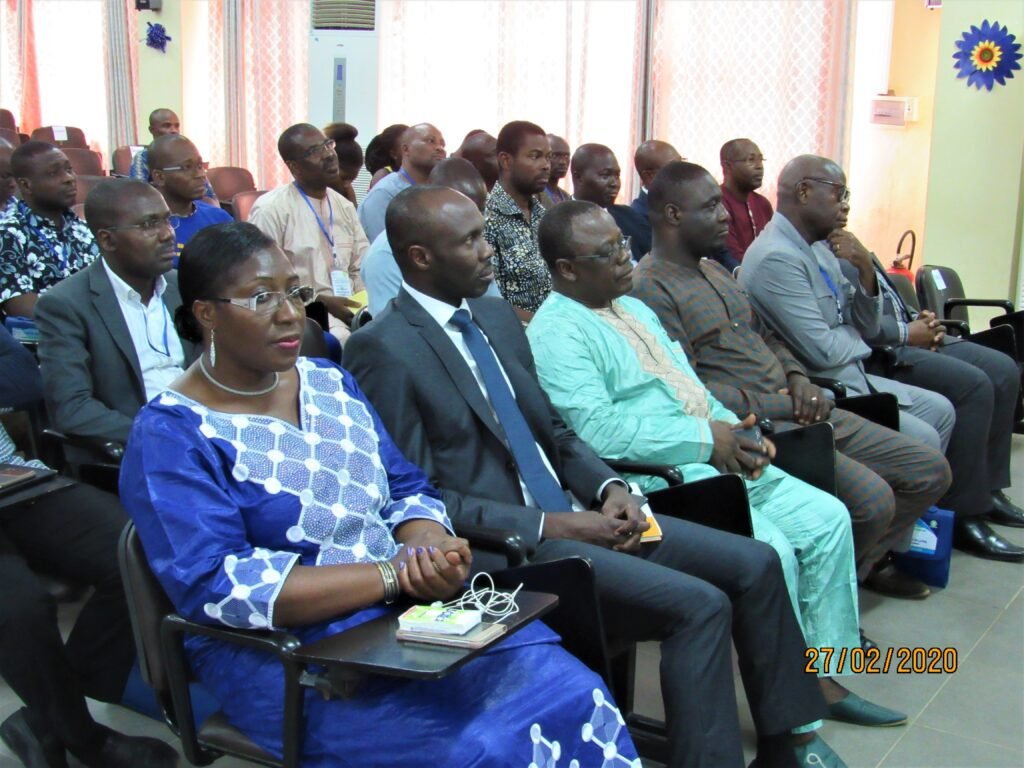
For the 1st Vice-President of the UL, Prof. Komlan Batawila, this symposium is perfectly in line with the missions of the UL’s research in response to the problems of society: « The Université de Lomé is a socially responsible institution that plays its part in the training of elites and in development, » he said.
According to the Dean of the Faculty of Languages and Arts (FLLA), Prof. Essowè Essizewa, « literature is full of excellent remedies for the ills of society. The main thing is to know how to do it. And it is this key that the conference wants to offer. »
For the Director of LaReLLiCCA, president of the organizing committee of the conference, Prof. Ataféï Pewissi, studies in Literature constitute a device of cultural mediation, programming of society and various ideological encounters in a process of transformation maintained by the genius of the writer for a better living together. The different representations in dialogue reflect one of the main missions of academics, that of « bringing humans to understand each other through their research ». In other words, the research findings can be implemented to strengthen the social fabric and renegotiate the relationships between stakeholders in the active society.
The inaugural lecture given by Prof. Yaovi AKAKPO under the title: « Fiction, tension and peace in the oral traditions of Africa: questioning the stakes and the power of the game of speech » makes the link between the relationships of jokes, traditional songs and dances of the land with endogenous peace projects as well as their contribution to world peace.
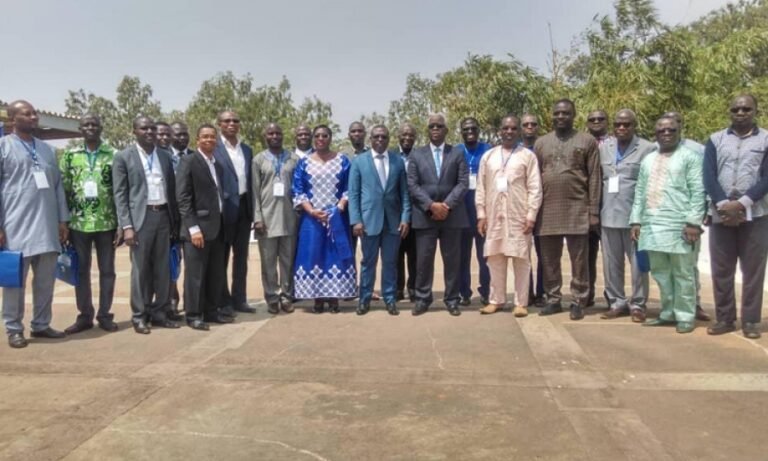
The symposium was attended by « the participation of actors/experts from the world of work divided according to the different themes that are close to them ». Each of the experts had to speak for 10 minutes to provide their expertise on the theme within which the various communications are inscribed, namely « literature and peace », « Culture and peace » and « Gender, development and peace », said the president of the organizing committee at the end of the work.
At the end of the conference, it was decided that literature creates peace through simulation and the creation of new paradigms. Culture and peace are intrinsically linked in the cause-and-effect relationship. It is a laboratory that offers the potential to create the conditions for peace.
Gender, a relationship between men and women, is understood as a partnership in which each actor benefits from the benefits of rapprochement and active solidarity. Hence the need to maintain quality interpersonal ties to secure development.
